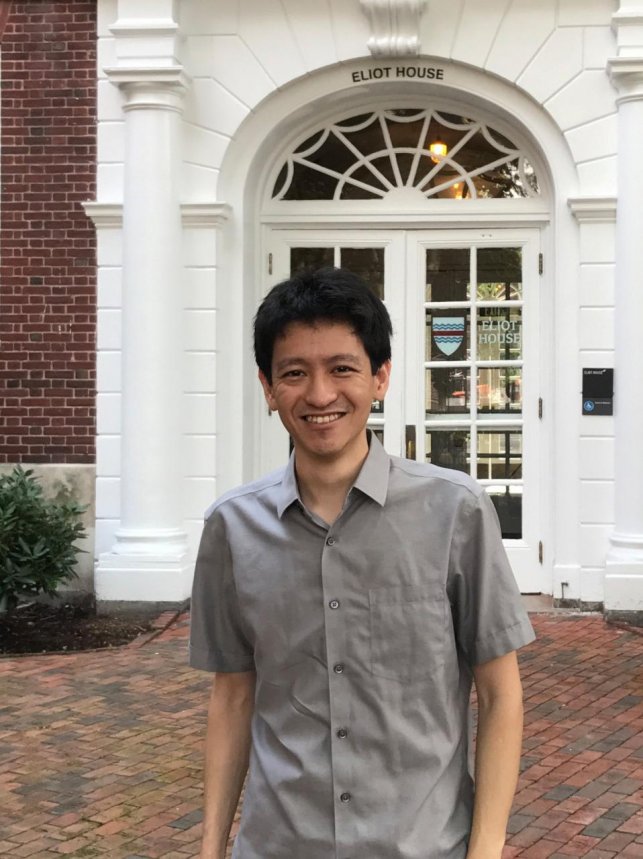
Singapore is increasingly using tough laws to condemn freedom of speech and assembly, Human Rights Watch said Wednesday.
"Singapore promotes itself as a modern nation and a good place to do business, but people in a country that calls itself a democracy shouldn't be afraid to criticize their government or speak out about political issues," said Phil Robertson, deputy Asia director at Human Rights Watch.
The 133-page report titled 'Killing the Chicken to Scare the Monkeys' analyses the laws and regulations used by the Singapore government to suppress speech and peaceful assembly, including the Public Order Act, the Sedition Act, the Broadcasting Act, various penal code provisions, and laws on criminal contempt.
Last month prominent human rights activist Jolovan Wham was charged with organising public protests without a permit over three small demonstrations staged in the last year.
Singapore does not allow protests without approval from police, except in one corner of a downtown park.
In August, the government launched legal action against Li Shengwu, the grandson of founding prime minister Lee Kuan Yew, over a Facebook post linked to a feud in the ruling family.
Bloggers, cartoonists, lawyers, and the foreign media are among the many who have faced contempt proceedings for criticizing the Singapore judicial system, the report said.
Public protests in the city-state are extraordinarily restricted, Human Rights Watch said.
Human Rights Watch called on the Singapore government to drop all pending charges for peaceful speech or assembly and amend or repeal the laws and regulations that restrict speech or assembly to bring those laws into line with international standards.








